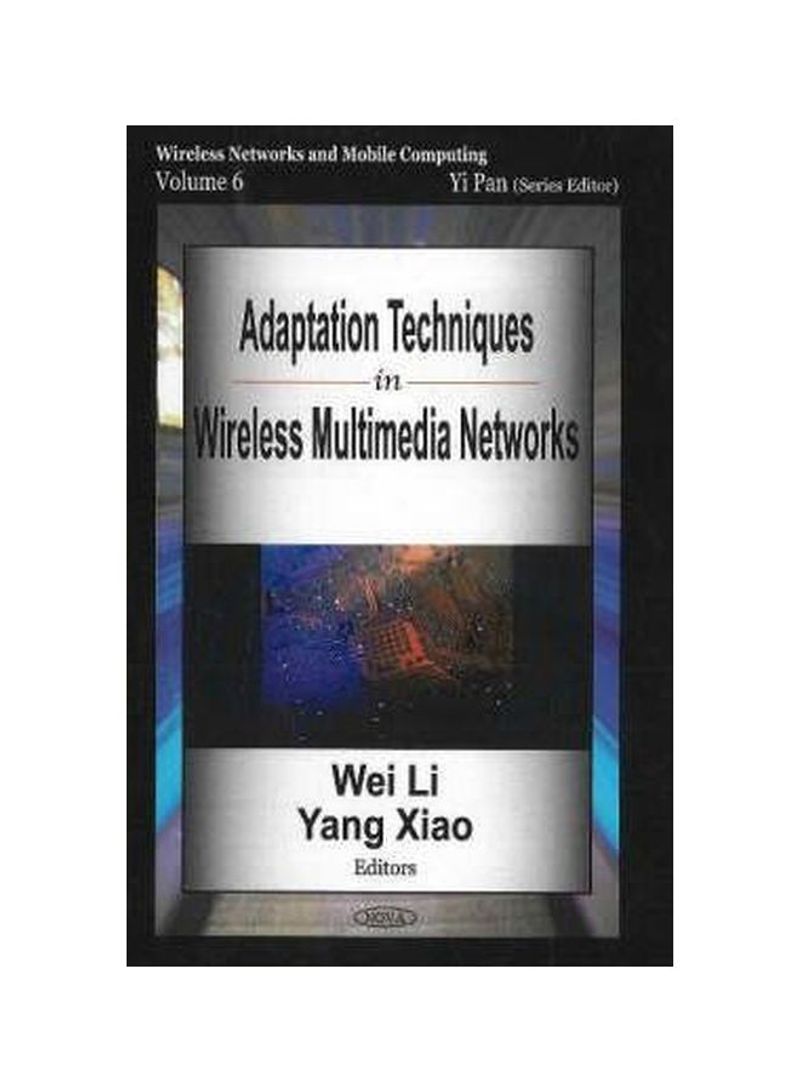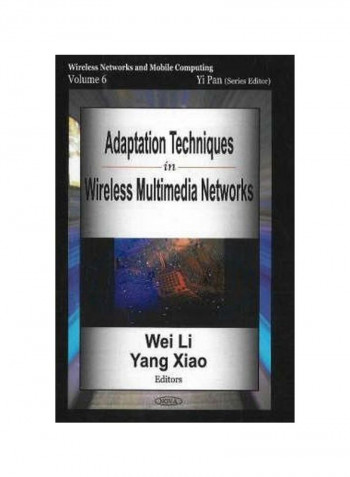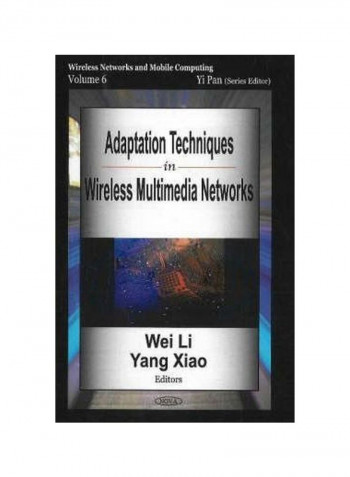Adaptation Techniques In Wireless Multimedia Networks Paperback
Recommend
Sort by
Rating
Date
Specifications
Grade
New
Country of Origin
United States of America (USA)
Book Description
Next generation wireless and mobile communication systems have two important features: heterogeneity and adaptation. Heterogeneous wireless communication platforms require inter-operability among different networks such as wireless cellular networks, wireless local area networks, wireless personal area networks, internet, etc. Adaptation techniques become extremely important in such a heterogeneous environment so that quality management and provision to multimedia traffic over the unreliable wireless channels of the heterogeneous systems can satisfy the demands of various network users. With the development of multimedia compression and coding technologies, more and more real-time applications, such as video and audio can be made adaptive. Adaptation provides an alternative for resource planning, especially for bandwidth allocation/reallocation in wireless multimedia networks, where bandwidth is a scarce resource. The system may need to block incoming users if all of the bandwidth has been used up to provide the highest Quality of Service (QoS) to existing users. However, if these existing users can be degraded to a lower but acceptable QoS level, it is possible to reduce the blocking probability without degrading the QoS of existing users to an "unacceptable" level. Various approaches and algorithms adopting this idea have been proposed. It is therefore critical for wireless network designers to utilise these resources efficiently and effectively. In response to the above demand for next generation wireless and mobile communication systems, this book aims at providing a timely and concise reference of the current activities and findings in the relevant technical fields.
ISBN-13
9781594548833
Language
English
Publisher
Nova Science Publishers Inc
Publication Date
01-May-07
Number of Pages
357
Editor 1
Yi Pan
Editor 2
Wei Li
Editor 3
Yang Xiao



